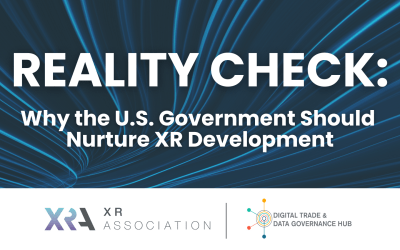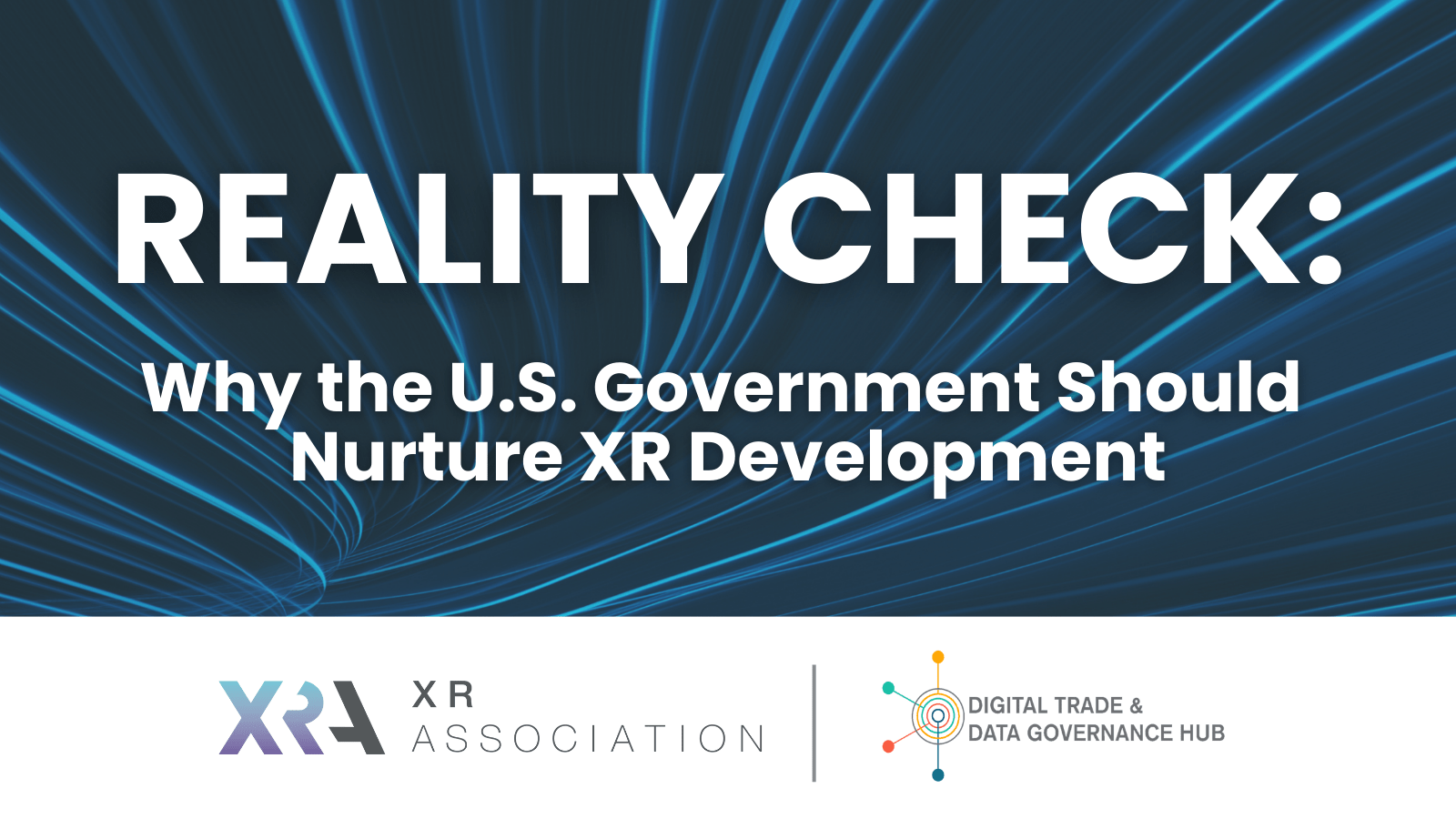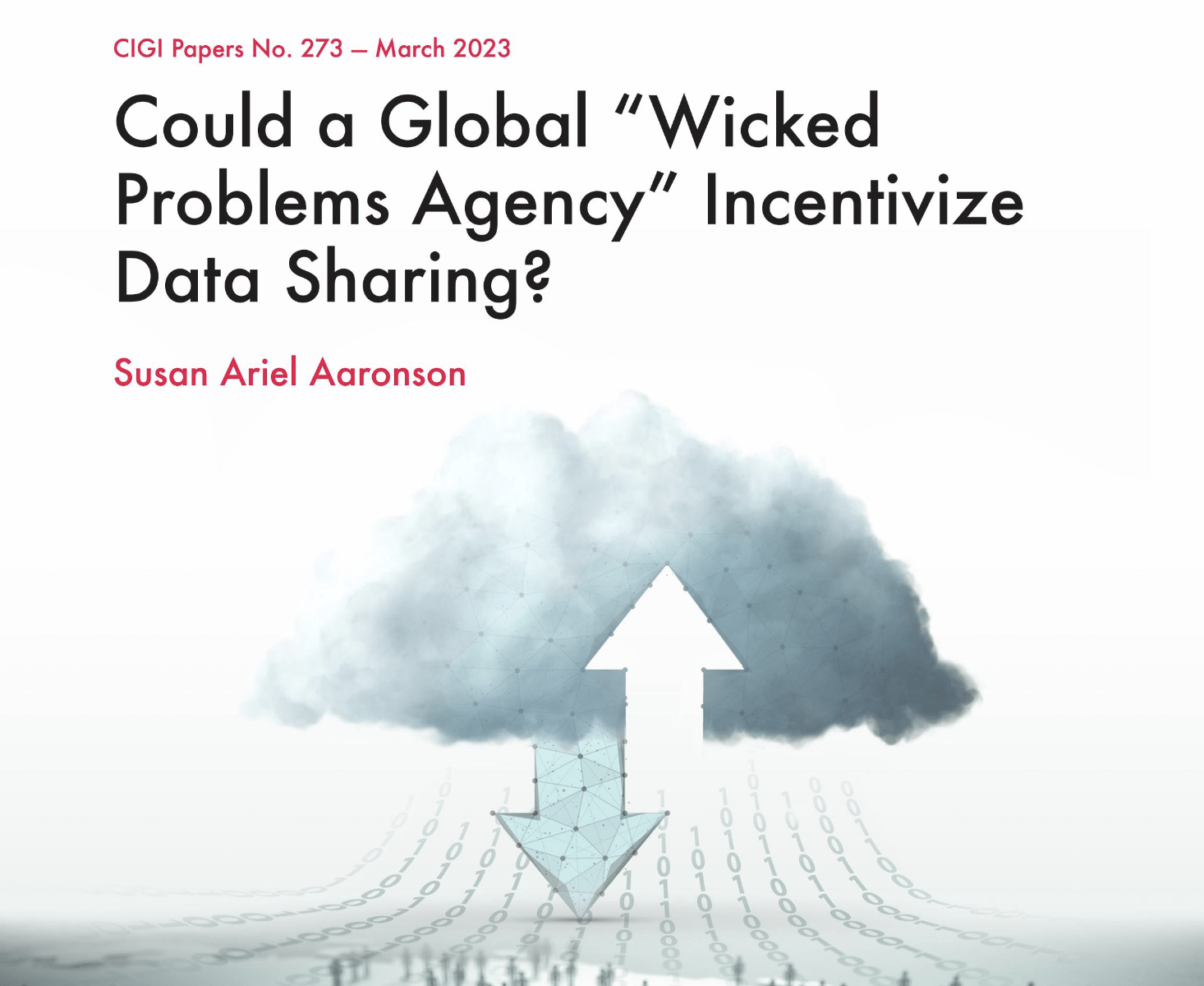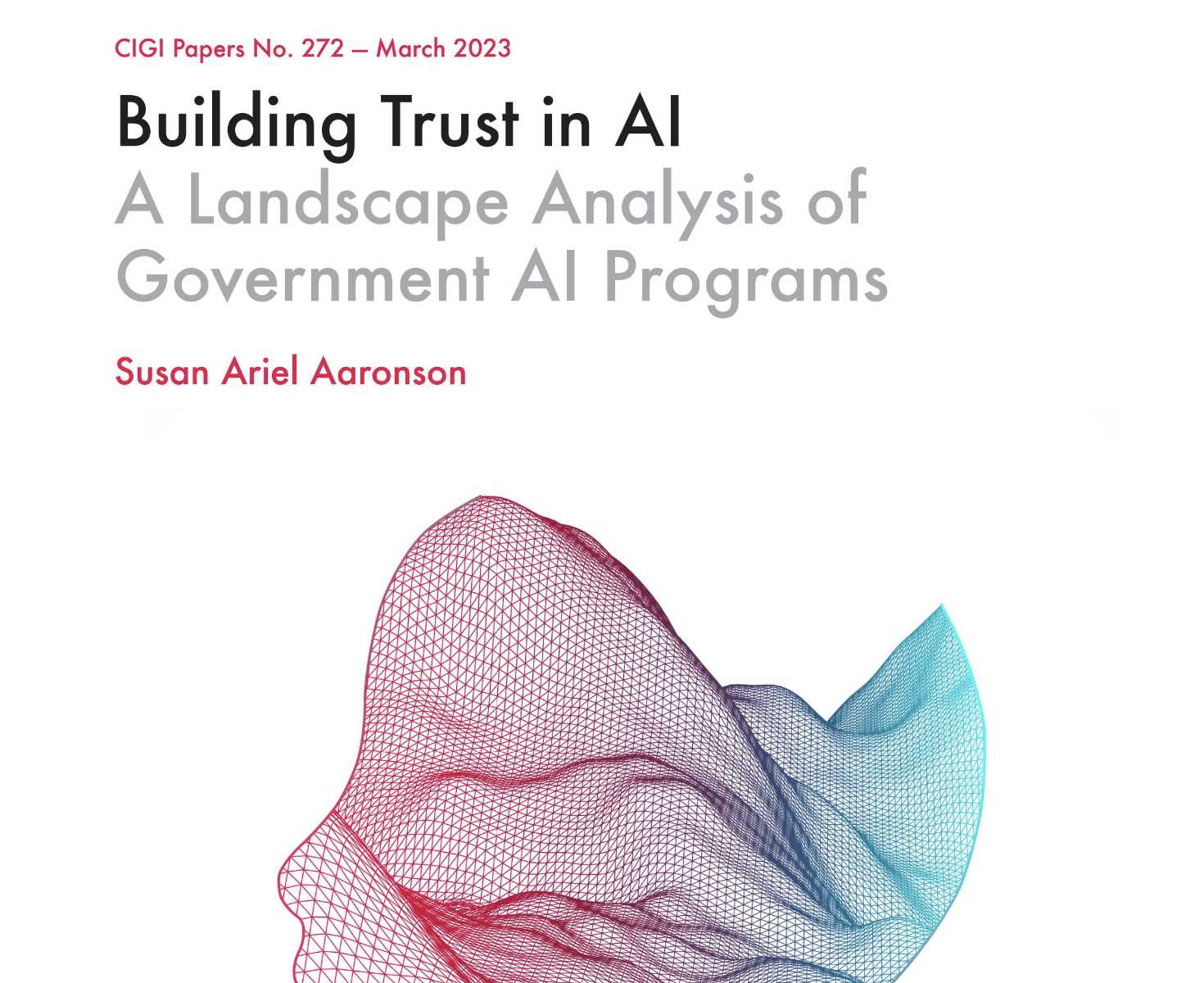Although Canada is a leader in becoming the first nation to develop an artificial intelligence (AI) strategy, it is falling behind other countries in extended reality (XR) competitiveness. In this paper, the authors look at why Canada is lagging in this area and what can be done to bring the country up to speed with its peers. The authors argue that more attention and funding should be directed toward the development of XR technology in Canada because XR is already a major contributor to the Canadian and global economy; XR and AI will shape future iterations of the internet; a variant of XR (digital twins, which serve as models of people or objects) can serve as tools to develop mitigating strategies for various types of complex problems; and other nations, such as China and South Korea, are investing heavily in XR technology to gain a competitive edge.
Read More Publications
Facing Reality: Canada Needs to Think about Extended Reality and AI
Although Canada is a leader in becoming the first nation to develop an artificial intelligence (AI) strategy, it is falling behind other countries in extended reality (XR) competitiveness. In this paper, the authors look at why Canada is lagging in this area and what...
The U.S.-led digital trade world order is under attack–by the U.S.
This year, America’s digital trade negotiator made a startling announcement at the World Trade Organization (WTO). The negotiator spoke at the behest of U.S. Trade Representative Ambassador Kathrine Tai. At the time, Congress and various U.S. regulatory agencies were...
XR ASSOCIATION PUBLISHES NEW WHITE PAPER WITH DIGITAL TRADE AND GOVERNANCE HUB AT GWU EXPLORING US COMPETITIVENESS IN IMMERSIVE TECHNOLOGY
Washington, D.C. – On November 8, 2023, the XR Association (XRA), the trade association representing the growing ecosystem of virtual, augmented, and mixed reality companies, announced the release of a white paper co-authored by the Digital Trade and Data Governance...













